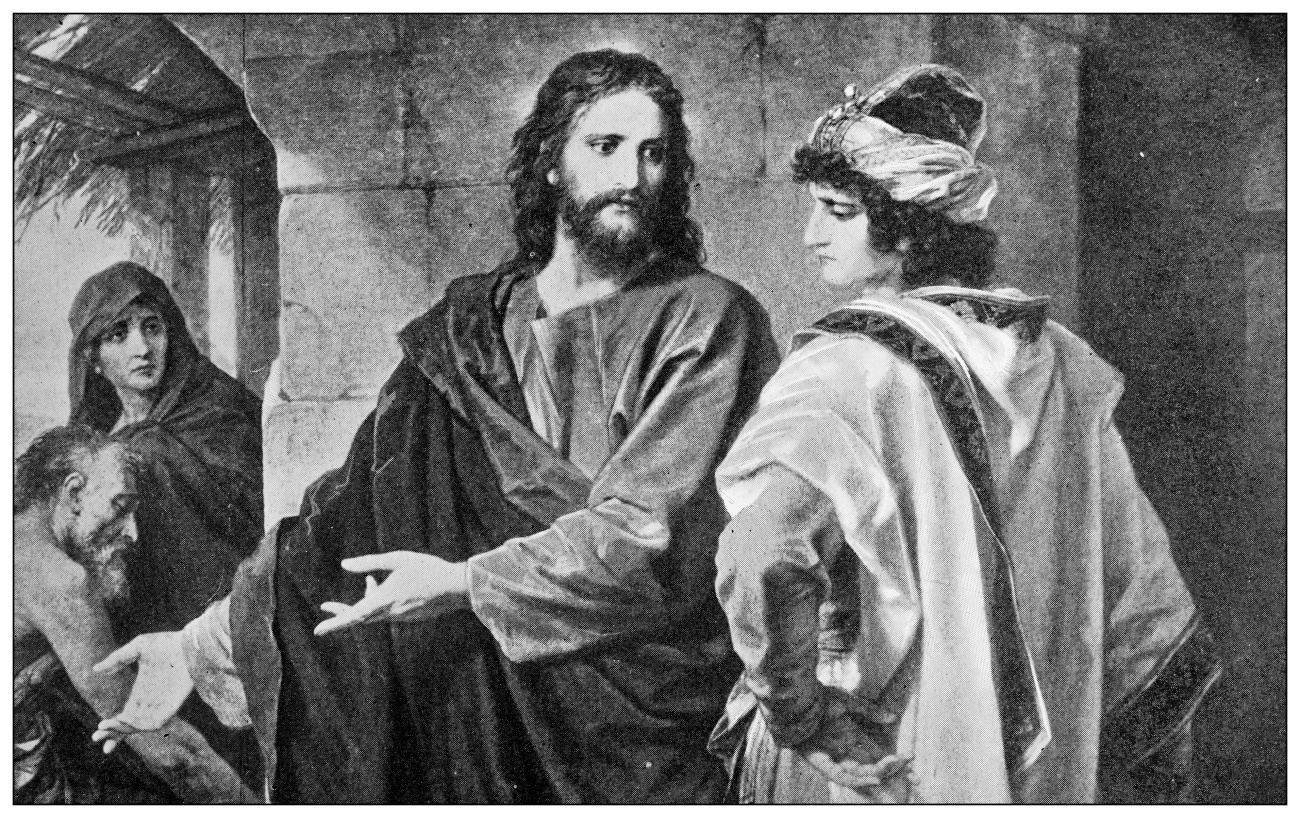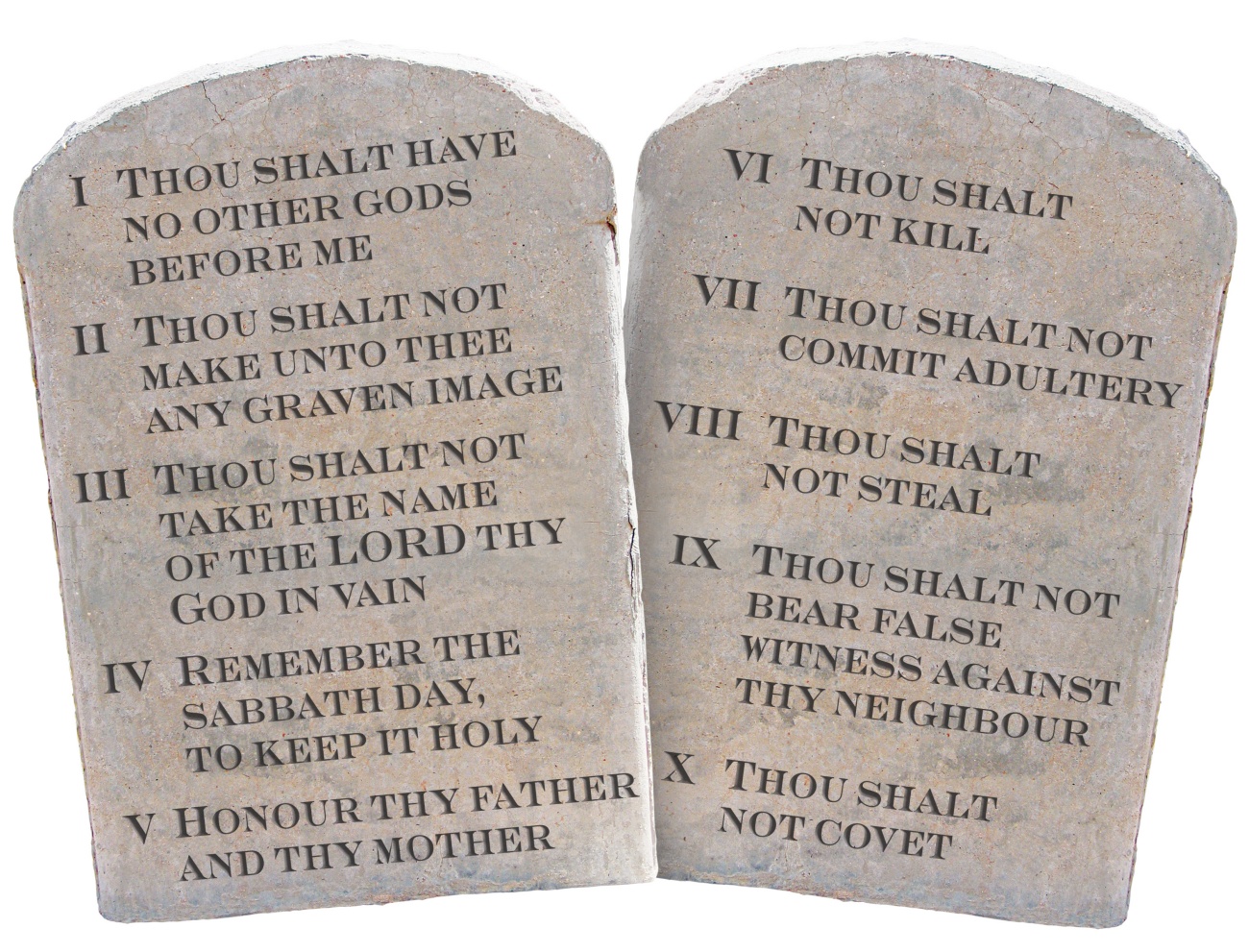Teacher, What Good Must I Do To Gain Eternal Life, Mt. 19:16-22
This young man asked the question that all of us need to meditate on.

For a person of faith, the title question of this article is paramount, for we know ourselves as imperfect beings, sinners, to be exact. It was for our sins that Jesus came into the world and died for us, after all. Even the best, the most saintly among us, have their sinful weaknesses. Even the great evangelist, Paul knew this, “For I do not do the good I want to do, but the evil I do not want to do, this I keep on doing. Now if I do what I do not want to do, it is no longer I who do it, but sin,” Romans 7: 19-20.
If this is so for Paul, who am I to think that I might be free of the same struggle? The young man in this gospel reading from Matthew, is quite clearly what might be rightly called a “good” man. Jesus sees this in him and he sees the sincerity in the young man’s heart. He responds to the young man’s question by pointing to the commandments from the second half of the Decalogue, “You shall not kill, commit adultery, steal, or bear false witness, honor father, and mother, and love your neighbor as yourself.” And the young man honestly answers that he has observed all of these, but he seems to recognize that there must be something more, and asks, “What do I still lack?”

This young man clearly has an inner life. He is self-reflective and knows that he has observed the commandments, but he is aware, too, that there is something “lacking”; that there is something more. We must not underestimate this young man’s goodness or his sincerity. He is no Pharisee challenging Jesus, trying to catch him in some theological error. He is truly good and believes that Jesus is the one who can give him the answer to this burning question. He believes in eternal life and desires with all of his heart to enter into it.
Jesus understands the depth of this young man’s desire to live a life that would “gain eternal life” and wishes to help him fulfill it. Jesus gives the young man the answer that he is longing for: “If you wish to be perfect, go, sell what you have and give to the poor, and you will have treasure in heaven.” But that is not all, is it? Jesus adds, “Then come, follow me.” At this the young man “went away sad, for he had many possessions.” And this is the centerpiece of this passage.

If we are honest with ourselves, we are that rich young man. We desire God and his kingdom with all of our hearts, yet we, too, are living in the world and are subject to its many temptations which the evil one cleverly disguises as “needs.” As good as we may be, or perceive ourselves to be, we are no different than this young man. Jesus’ answer to the young man was an offering of grace to him. None of us can be perfect, or even strive toward it without God’s grace.
This young man asked the right question, indeed, the perfect question, the question that all of us need to meditate on. And we all need to hear Jesus’ answer. If we want to be good and truly happy in this life we must strive daily to live moral lives. But if we want to “be perfect” and enter into eternal life, we too must hear Jesus’ challenge, “go and sell” everything in our lives that gets in the way of our giving our whole hearts, our whole minds, or whole souls all to God, whether that be our pride, or whether that means our clinging to material goods and earthly security. If God is not more precious than these, if he is not our treasure here on earth, how can we have the only true treasure our hearts truly desire, that treasure in heaven?
SKM: below-content placeholderWhizzco for FHB

